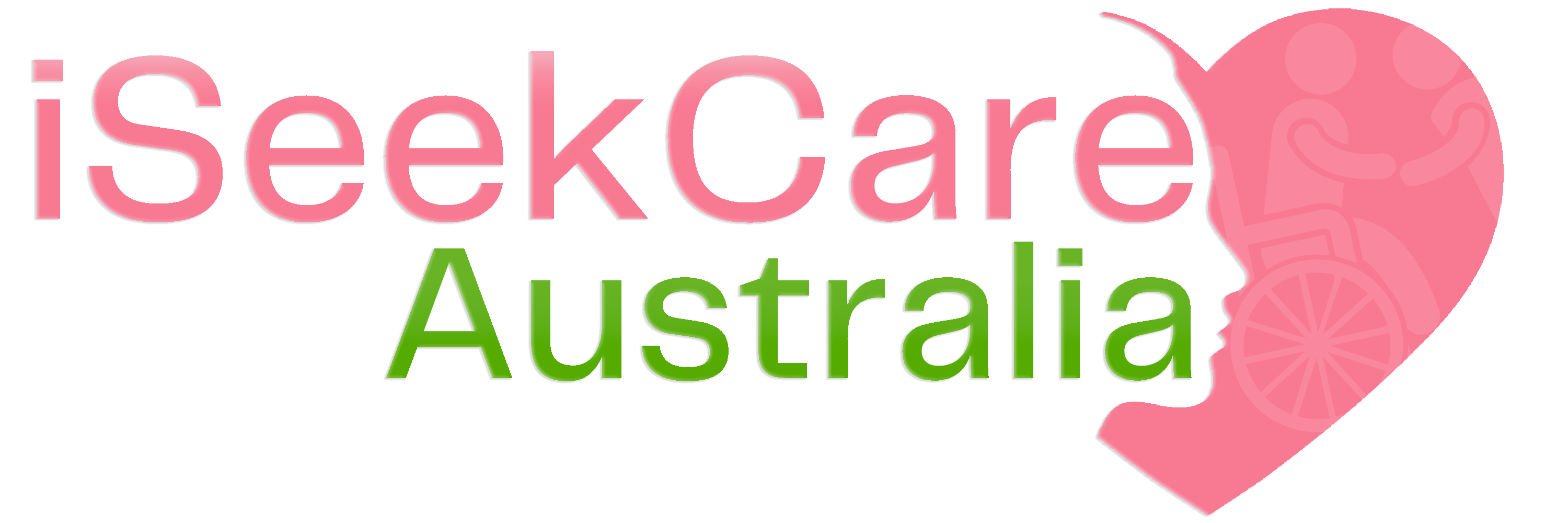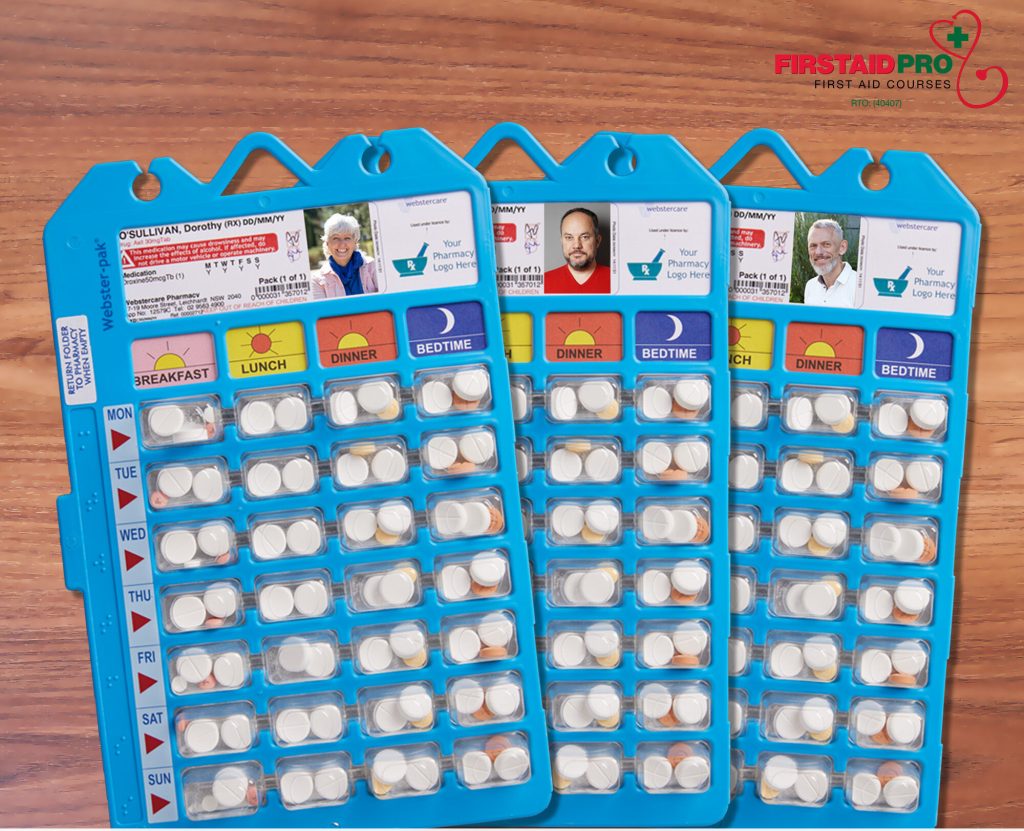Patient Safety First: Understanding the Importance of Medication Training for Healthcare Professionals
The importance of medication training for healthcare professionals cannot be overstated. Patient safety is the top priority in healthcare, which is why healthcare professionals must have the necessary skills and knowledge. Medicines error can cause serious harm to patients, which is why it is essential for healthcare professionals to receive comprehensive training that covers all aspects. In this blog post, we will explore the importance of medicines training in healthcare, the different types of errors, and the steps healthcare professionals can take to reduce errors and ensure patient safety.

1. The Importance of Medication Training
The administration of medication is a critical part of healthcare. It is essential that healthcare professionals understand the safe and effective use to ensure patient safety and avoid any errors. Training helps healthcare professionals develop the necessary knowledge, skills, and competence to administer safely and effectively. This training includes understanding the pharmacodynamics and pharmacokinetics of medicines, as well as the principles of safety of medicines, such as dosage calculations, medication errors, and adverse drug reactions.
2. Types of Medication Errors
There are various types of medication errors that can occur, and they can have serious consequences for patient safety. Some of these errors include the wrong medicines being prescribed or administered, incorrect dosages, missed doses, drug interactions, and allergies or adverse reactions. Healthcare professionals must have the necessary knowledge, skills, and training to prevent these types of errors from occurring. Comprehensive training can help healthcare professionals to identify and prevent errors, as well as respond effectively in the event of adverse drug reactions.
3. Steps to Reduce Medication Errors
To reduce the risk of medication errors, healthcare professionals should follow certain best practices. These include verifying patient identity before administering, reading labels carefully, double-checking dosages and calculations, documenting all medication administration, and reporting any errors or adverse drug reactions promptly. Healthcare professionals must also understand the importance of communication and collaboration with other healthcare team members, such as pharmacists and physicians, to ensure safe and effective medicines administration.
4. Benefits of Comprehensive Training
Comprehensive medication training for healthcare professionals can offer numerous benefits for patient safety. For one, it can help healthcare professionals identify and minimize errors, reducing the risk of harm to patients. It can also increase healthcare professionals’ knowledge and confidence in medication administration, leading to improved patient outcomes and satisfaction. Additionally, comprehensive training can decrease medication-related costs and liability risks for healthcare organisations.
Conclusion
In conclusion, medication training is a vital component of healthcare education. Healthcare professionals must have a strong foundation in medicines administration to ensure patient safety and reduce the risk of errors. Through comprehensive training, healthcare professionals can develop the necessary skills and knowledge to administer safely and effectively. By following best practices and establishing effective communication and collaboration with other healthcare team members, healthcare professionals can reduce the risk, errors and improve patient outcomes. Ultimately, patient safety must always come first.



